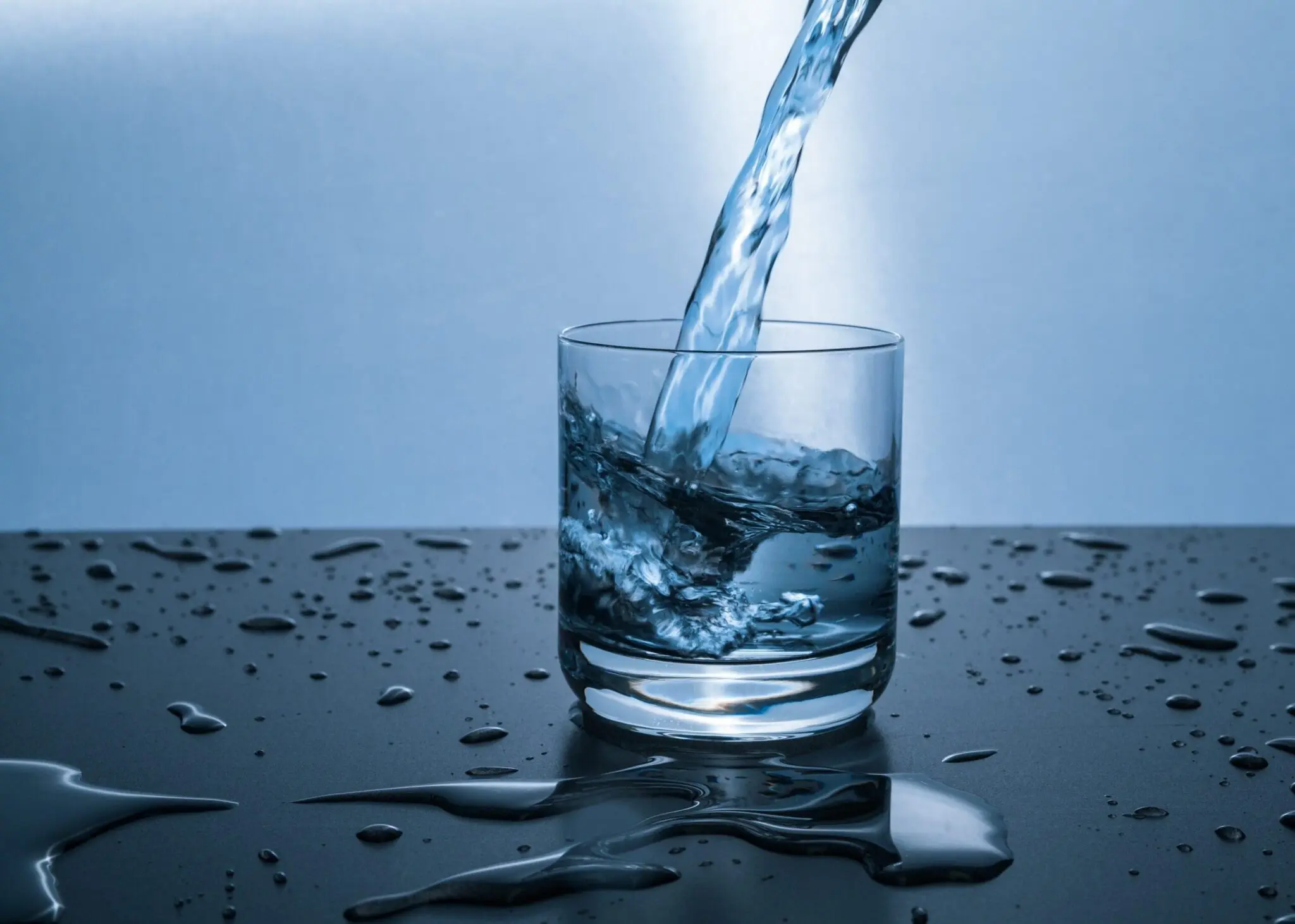The Importance of Hydration in Dementia
Hydration is vital for people of all ages, and is important for maintaining overall health and well-being. Drinking enough fluids ensures the optimal functioning of vital organs, aids digestion, regulates body temperature and supports cognitive function. Dehydration on the other hand can lead to a number of implications such as urinary tract infections (UTIs), kidney problems, confusion, constipation and dizziness, that is why it is important to drink plenty of water daily to prevent this from happening.
At The Good Care Group, many of our clients have dementia which makes us aware of how important it is to stay hydrated when living with this condition. Drinking plenty of water has many benefits such as improving cognition function, increasing alertness and reducing the risk of falls and accidents. However, when someone has dementia they may forget to drink fluids or need assistance when doing so. This article will be sharing advice and tips on how our carers encourage fluid intake and how to recognise the early sign of dehydration to act promptly.
How we meet dementia hydration needs
Dementia can cause symptoms such as memory loss, difficulties thinking and problem solving which can contribute to dehydration and lead to the following scenarios:
- Forgetting to drink
- Difficulty expressing thirst
- Losing interest in drinking due to low mood
- Concentration difficulties that can impact drinking ability
- Difficulty drinking independently
We have a number of measures in place to support our clients hydration needs and to develop an understanding of how their health conditions can impact this.
- Firstly, we approach this situation by discussing any concerns with the client and family, as understanding the risks equips our care workers with a comprehension on how to tackle the situation.
- Regular communication is key to find out why they don’t want to drink fluids and to identify a solution promptly as there can be various reasons as to why this is happening.
Hydration Strategies for dementia
There are common signs to keep an eye out for when it comes to dehydration. By having an understanding of these indicators, the necessary steps can be taken to avoid dehydration and maintain optimal hydration.
Here are the signs to look out for:
- Dry mouth
- Increased fatigue
- Dizziness
- Decrease in urine
- Low blood pressure
- Rapid breathing
Jane, our Consultant Admiral Nurse suggests using a variety of hydration techniques for someone living with dementia. These are proven to be effective and are regularly used by our caregivers:
- Chill soft drinks to make them more appetising .
- Use stronger tasting flavours e.g. blackcurrant squash.
- Hydration sweets – Such as Jelly Drops, they are an award winning sugar free-treat that is designed to increase fluid intake. They contain 95% of water and are sugar free.
- Offer assistance where the person is unable to recognise cups or glasses e.g. use beakers or straws if difficulty is experienced when drinking with the lip of the cup.
- Sit down and have a drink with the individual as this can be encouraging and more enjoyable.
- Use coloured cups with large handles for easier recognition.
- Use lightweight designs for people who struggle with weight and have tremors.
- Incorporate hydration-rich foods with beverages such as fruit and vegetables into their diet.
- Offer ice-cream and ice lollies as these are a great source of fluid.
By following these strategies and having our care workers trained to perform urinalysis using our urine testing kits, this reduces any risks of kidney and urinary issues that dehydration can cause as they can identify UTIs promptly which prevents hospital admissions. There is also evidence of enhancing physical well-being and improving overall cognitive functions by using these strategies and setting regular reminders of when to consume water, as hydration is a priority and plays a huge part in an individual’s overall health and well-being.
Interested in our services?
As one of the UK’s leading care providers, we offer unrivalled, specialist expertise for you or your loved one. If you are interested in The Good Care Group being your provider of choice, please get in touch on our contacts page.
